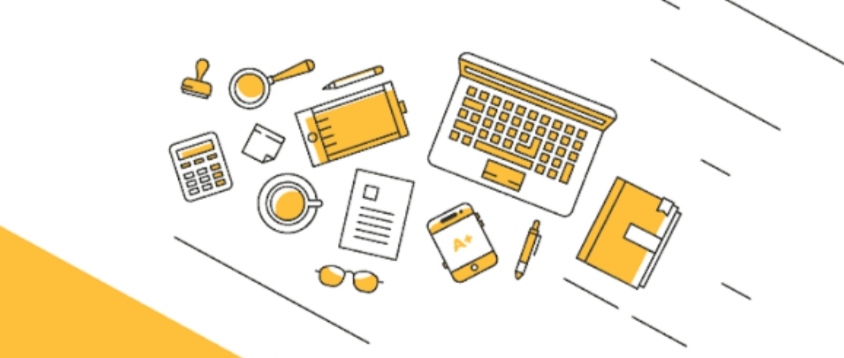Here are in the ins and outs of unemployment benefits—and how to revamp your budget to adjust to less income.
A year ago, I lost my job due to COVID-19. In addition to perhaps more unexpected job-loss emotions such as embarrassment, my thoughts were also overrun by fears about not being able to pay for my rent, food, and other expenses. So I looked into signing up for New York State’s
At first I was hesitant; I didn’t know whether it would hurt me in the long run. Can employers look at a list of people who collected unemployment?! I wondered. (No, they cannot.) Ultimately, getting that unemployment money was a fantastic choice—for me, my (newly freelance) career, and my budget. Here’s what you need to know before applying for unemployment benefits yourself.
A Useful Resource
There’s a misconception that turning to unemployment benefits is a poor-choice, last-ditch resort—when, in fact, these benefits are a great resource for people who find themselves temporarily without a source of income. In my case, I didn’t have the financial backup and the emergency fund I should have (lesson learned). After my job loss, I had no way to pay my bills, and I needed financial help to stay afloat while I looked for a new job. And I’m not alone; there are currently just under five and a half million unemployed people in the U.S.
To qualify for unemployment insurance benefits in New York state, I had to fill out an application and disclose a list of all the jobs I’d held in the past. Then, I had to call New York’s Department of Labor customer service to get my claim approved by the state. When the Department of Labor approves your claim, they decide how much benefits you receive based on your prior income. They awarded me $400 per week, excluding taxes. I elected for each deposit to take out taxes from the get-go, netting me a total of about $380 per week.
Unemployment Benefits 101
Unemployment benefits are geared towards people who want to work but are currently unable to find a job. When you apply for benefits, in normal times, you also have to look for full-time work while collecting those benefits.
Act Quickly
Each state has an unemployment insurance benefits program that gives eligible recipients money weekly. Of course, each state program is different, and it can take the state’s Department of Labor a few weeks to assess your eligibility. The longer you wait to file a claim, the longer it takes to get the benefits, so if you’re looking into it, get started now.
Everything You Need to Know About Unemployment Money and Benefits




